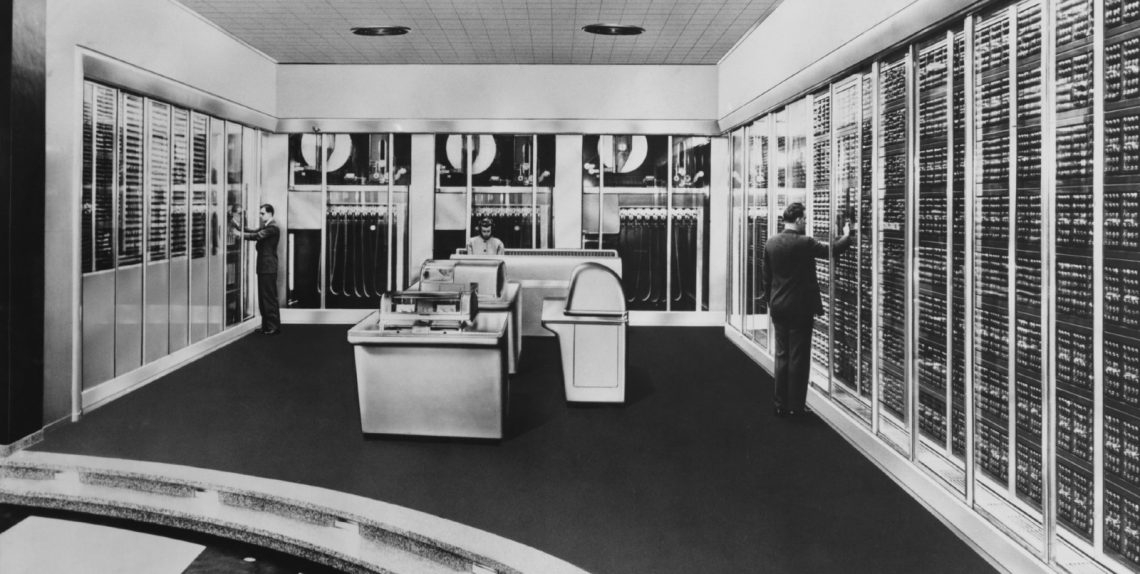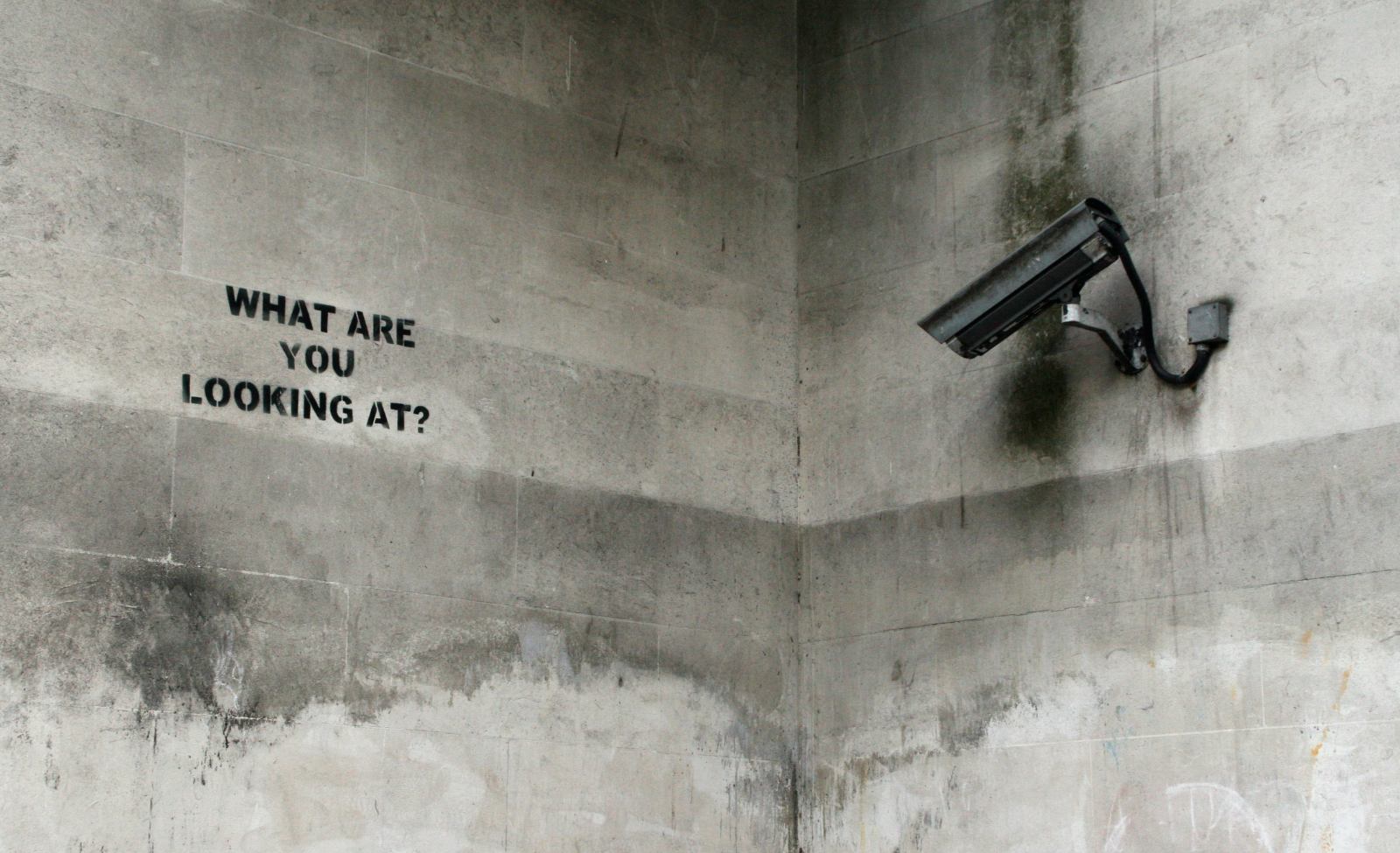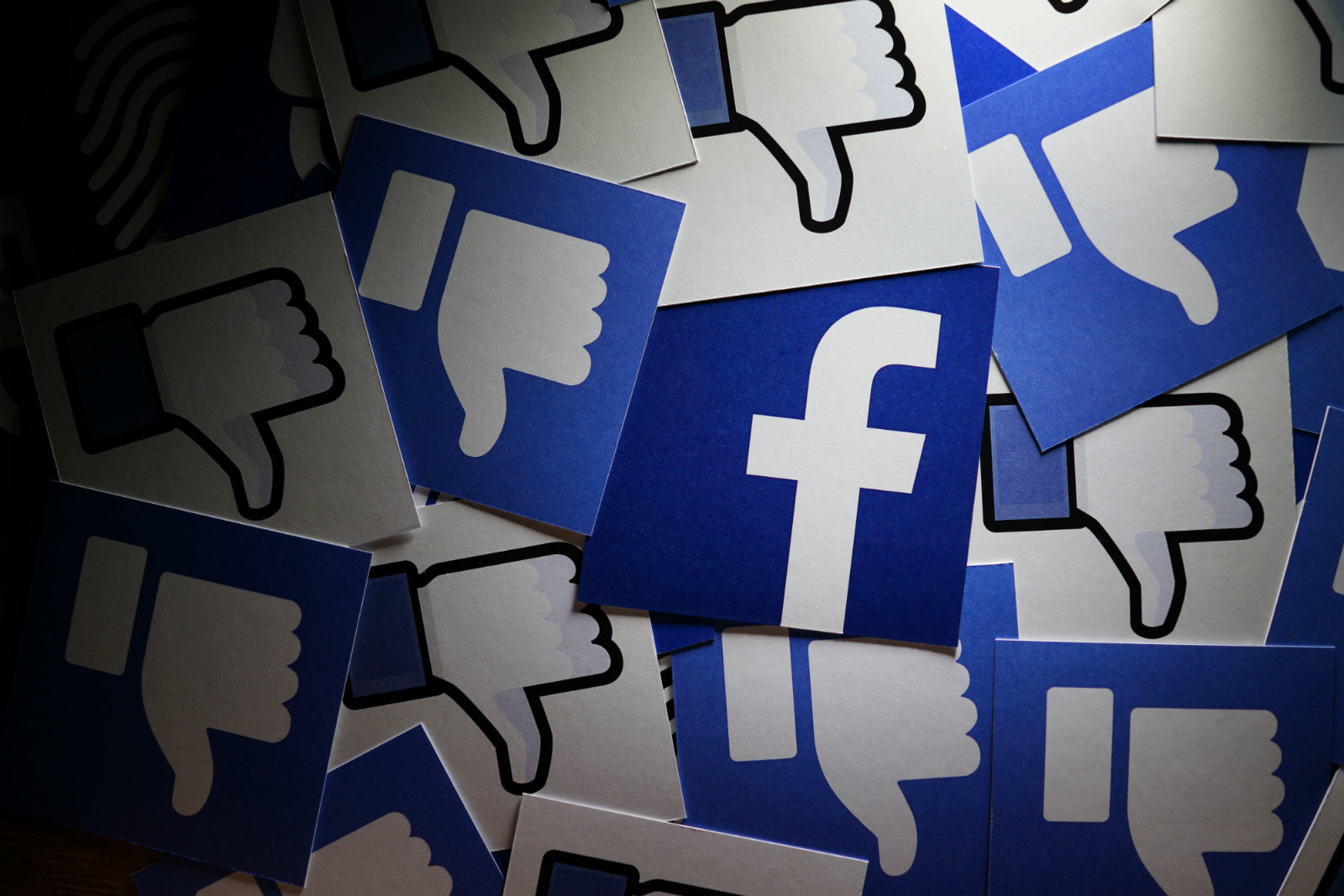Your browsing history, your online purchases, your likes and dislikes, these are the currencies that power the data economy, a vast digital ecosystem of buying and selling growing so rapidly in tandem with the “normal” economy that it has been referred to by some as a “second economy” that is gradually superseding the existing one we know. The business of gathering, sorting, selling and buying data constitutes the data economy, a field unquestionably dominated by the Big Five: Amazon, Apple, Google, Facebook and Microsoft. In 2017, The Economist called data “the world’s most valuable resource,”
How big is the data economy? It’s difficult to estimate, and though different sources disagree on the economy’s size, the consensus is it is rapidly growing. In its worldwide datasphere forecast, Market research firm IDC predicted that the next three years of data creation and consumption will eclipse the past 30, and forecasts 175 zettabytes (1 Zettabyte = 1 trn Gigabytes) of data use by 2025.
OK, so how can we measure it? A UN publication estimated that in 2017 the size of the data economy in the EU — based on the total revenue of all firms in the business of buying and selling data — was only 0.49% of GDP, while in the US it was equivalent to 1%. Estimates from Statistics Canada — calculated based on the value of stock of companies in the data business as well as their software and intellectual property — put the value of the data economy somewhere between USD 157-218 bn, meaning the size of the data economy in the US would be between USD 1.4-2 trn, or 5% of the US’ stock of private physical capital. There is no unified methodology for sizing up the data economy as of yet, and so estimates will vary.
Who benefits the most from the data economy? Large firms are already at an advantage as they have more resources to collect more data, thereby growing their ability to collect, and profit off of, even more data. The inequality also runs along geographic lines, with America and China accounting for 90% of the market capitalisation of the world’s 70 largest digital platforms, and Africa and Latin America accounting for only 1%.
This is an economy reliant on surveillance for its survival: Gone is the era of the internet as an anonymous space; the monetization of our behavioural data requires that we leave digital footprints everywhere, raising a plethora of ethical questions about the boundaries of privacy in the digital age. Harvard professor Shoshana Zuboff, who popularized the term surveillance capitalism to describe this new business model, warns that the ubiquity of data collection from the moment we wake up to the moment we fall asleep (and indeed, sometimes as we sleep) risks turning us into automatons. The ambitions of the data economists, she argues, is to perfectly map out our behaviours in order to influence and predict the next pair of shoes we buy, the next restaurant we eat at, and our next holiday destination before we even know it ourselves.
And of course, the personal is used for the political: Our browsing data can be used for commercial ends, such as pushing a particular brand and ads onto our screens, but is also now being deployed for more sinister purposes. The Cambridge Analytica scandal demonstrated how the use of and manipulation of data can be used to undermine democracy, while you only need to look at China’s Social Credit System to understand how it can be wielded to construct an entire system of social control.






SOCIAL MEDIA
The customary social media sucks article: Yeah, we get it. Hating on social media has almost become a cliche these days as its detrimental effects on individuals and society has become more widely understood. But we could hardly have an issue on healthy tech habits and ignore the elephant in the room. Yes, social networking is great for connecting with people, sharing experiences and shopping. But overuse may not be great for our mental health, it can have deleterious effects on our societies, and it makes it harder to hold down the number of adherents to the David Icke school of political theory. Everything in moderation, and all that.
Think of social media as a stimulant that’s good for you in small doses but bad in excess: The analogy is more apt than you may think, given that the psychological phenomenon of social media addiction has been compared by some specialists to substance abuse. Social media use acts on our reward system, triggering dopamine release whenever we accrue likes or receive positive feedback, not unlike the experiences people have when sitting at the roulette table or using narcotics.
Overuse may mean more depression: Some social psychologists believe that the rising rate of depression among young people in the US is correlated with the rise of social media. From 2011, there has been a noticeable increase in the number of teenagers experiencing bouts of depression, a trend that seems to coincide with the explosion of social media use. Some studies have claimed to show evidence of direct causation: this paper by Jonathan Haidt and Jean Twenge randomly assigned users into two groups, one which continued to use social media and the other which reduced their use, finding that those who reduced their usage reported better moods and fewer symptoms of depression. Others say, though, that there is not enough evidence to heap all the blame on social media, and argue that by focusing on the potential negatives we won’t be able to harness the power of technology to change our lives for the better.
The Earth is flat and Joe Biden is a lizard creature: Social media is also proving itself an effective vehicle for spreading disinformation, anger and toxicity, and, with political tensions running high in recent years, this has been a key topic in social psychology research. The main crux of this issue is that social media can give an exaggerated voice for extreme and radical opinions. As the documentary The Social Dilemma observes, much of the blame for this can be placed at the doorsteps of our friends the surveillance capitalists, whose algorithmic tools by design funnel people into echo chambers and feedback loops, recommending them content that at best entrenches their worldview and at worst results in radicalization.